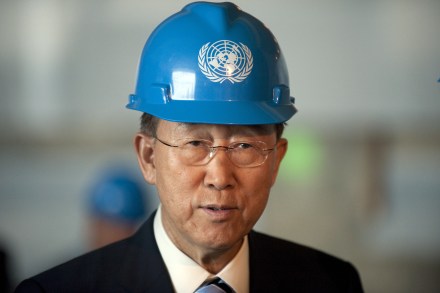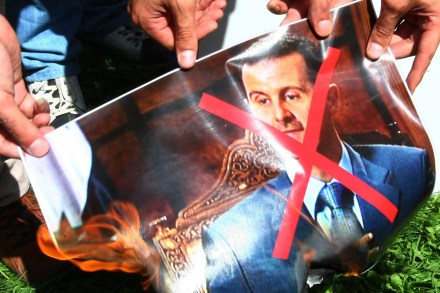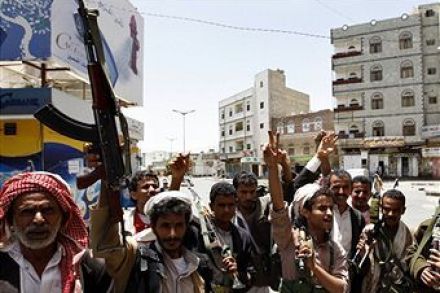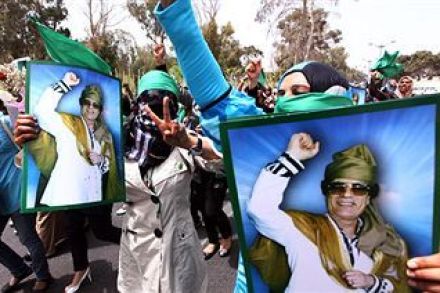The trouble with Ban Ki-moon
In the little compound known as “Bantanamo,” located outside the UN headquarters in New York, a small sigh of relief was probably breathed last week. For, inside, UN Secretary-General Ban Ki-moon had just been told of the UN Security Council’s unanimous decision recommending that he be elected for a second term. Gabon’s UN ambassador Nelson Messone made the announcement to the press after the 15-nation council met behind closed doors. The UN General Assembly will probably vote this week, confirming that Ban will run the organisation until the end of 2016. Earlier David Cameron had told the press that he was “glad” to support Ban Ki-moon’s candidacy for a second


















